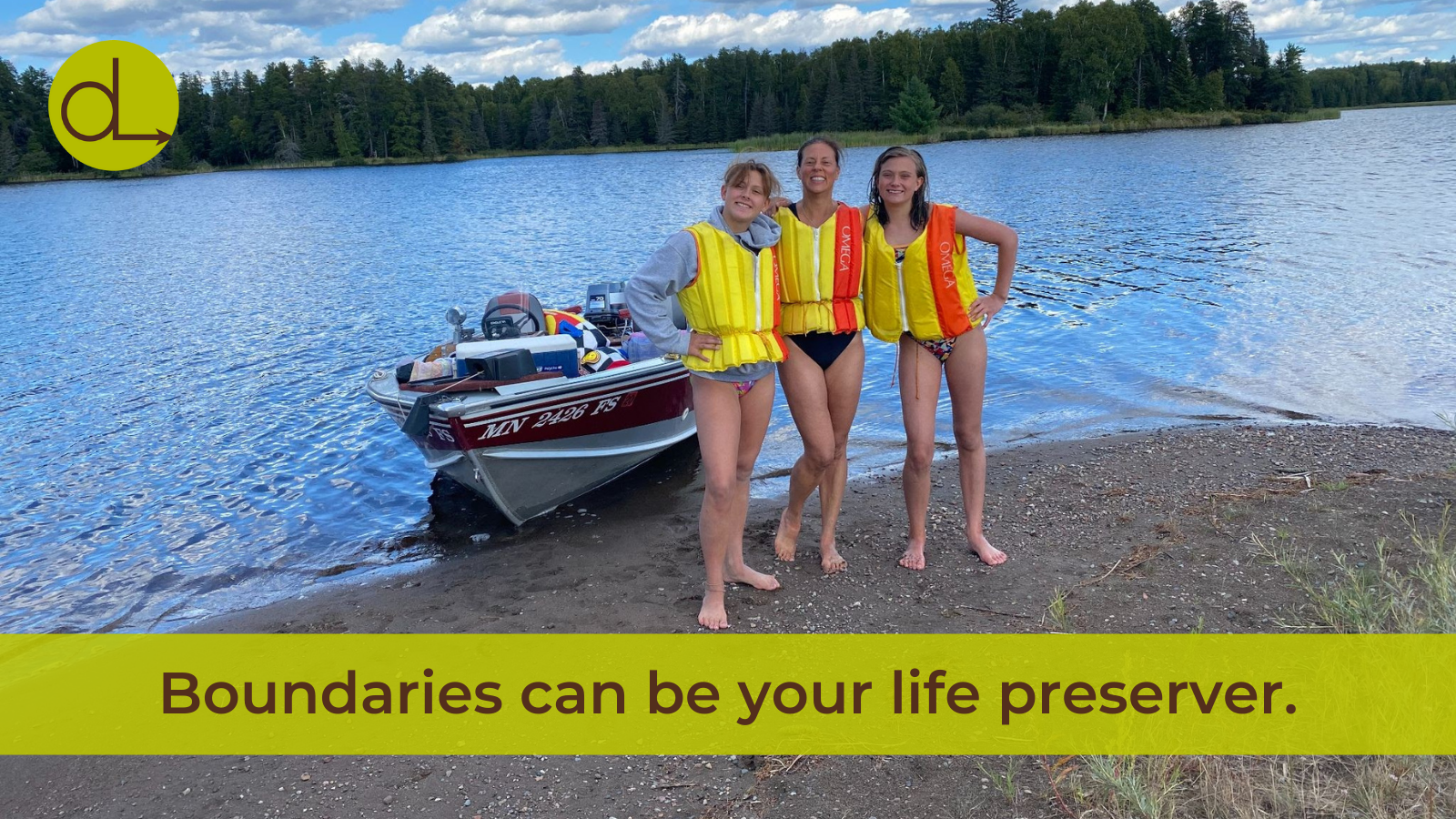In July 2019, I was camping with a small group of family friends who I hadn’t seen since my husband had been arrested three years earlier. I was excited to be enjoying the great outdoors, while my daughters were at a church camp with their friends. But some time between pitching our tents and stoking the fire, Laura, a precocious seven-year-old girl from the other family, asked me a question: “Why isn’t your husband here?”
I nearly dropped my s’more.
I quickly answered—hoping it would quell her curiosity. “We’re divorced.”
But what unfolded was a series of rapid-fire questions I wasn’t ready for: “Why did you divorce? Where is he now? Why is he in jail? What did he do?”
A child hadn’t made me so uncomfortable since giving birth to my two girls.
Setting Up Tents (and Boundaries)
A year later we were on our way to camp with Laura’s family again, but this time my daughters were with me. Reflecting on how uncomfortable Laura’s questions had made me, I made a mental note to give them a heads-up — as they hadn’t met Laura before. I didn’t want them to feel blindsided or caught off-guard by the preteen interrogation, like I had been.
So, on the way there, we chatted about it, and I reminded them that they didn’t have to answer every question asked of them. We talked about how to kindly acknowledge the person and their curiosity, but at the same time to set a healthy boundary.
As suspected, within an hour of setting up our tent, Laura asked my youngest daughter, Jadyn, why her dad was in prison. Jadyn warmly replied that she appreciated the question, but didn’t feel comfortable talking about it. Wow. How did she make that look so easy?
The next morning after we got done boating and tubing, Laura asked my other daughter, Josie, the same question. Josie replied calmly that she felt fine talking about why her dad was arrested, but she didn’t think it was appropriate for her to share. Josie suggested to Laura that she ask her mom. (Why didn’t I think of that?) What a clear, direct and honest message.
When John was first arrested, I had to muster up the courage to explain to the girls where their father was. I knew the day would come when they’d have to field these same questions. So we’d been practicing.
Asked and (not) Answered
I know I’m not alone when it comes to feeling uneasy about topics I don’t want to talk about. I hear all the time from clients and friends who are trying to figure out how they can avoid talking about tough subjects, because they fear the questions they’ll get asked —awkward job status, tricky family dynamics, deep bags under their eyes.
But you don’t have to hide out under your desk, or skip the camping weekend altogether. You just need to get clear and comfortable with setting boundaries. They can be your life saver. And, like Josie and Jadyn, remember that you don’t have to answer every question.
You also don’t have to get defensive. You don’t have to tell people off. And you don’t have to get angry that they had the gall to ask.
You can thoughtfully decline to answer the question and move on or change the subject (and—if you notice someone else changing the subject when you ask a question, take the hint and move on!).
Some of the most compassionate people have the courage to set strong boundaries. It’s okay to tell someone they’re making you uncomfortable. When you have Balanced relationships, you share what you want and need. And it doesn’t mean you have to be mean. You can be compassionate when delivering your courageous message. (And that courageous message can be delivered in just one sentence… I appreciate your concern, and I’d rather not discuss that right now.)
 One-Minute Core Workout
One-Minute Core Workout
The best way to get Thoughtfully Fit is to train and practice. People are complicated (and nosy!). So the more you practice setting boundaries around tough subjects, the easier it gets.
- Pause. The next time you’re in an uncomfortable situation that you don’t want to talk about.
- Think. What do I want or need? What am I okay and not okay with?
- Act. Share what you need with courage and compassion.


 One-Minute Core Workout
One-Minute Core Workout